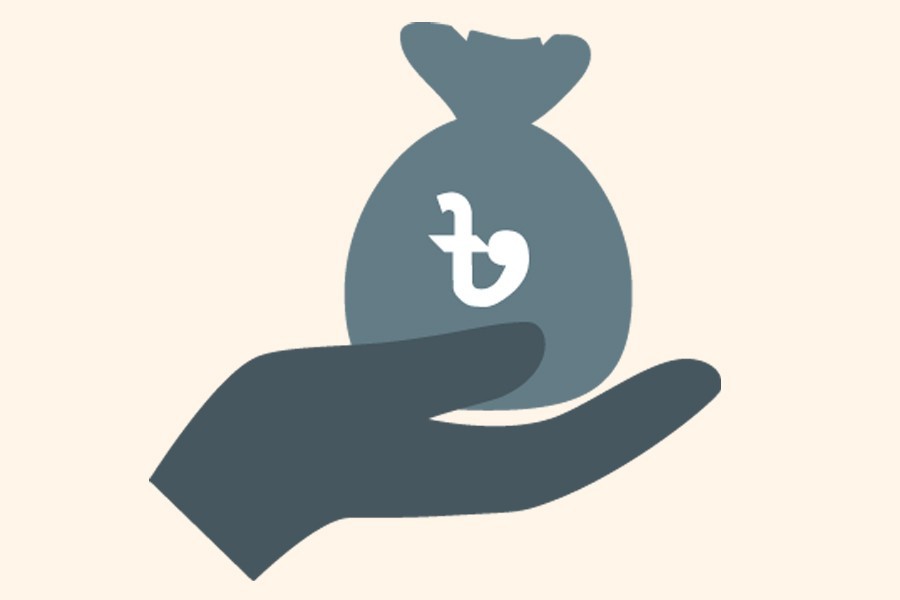Prominent economists of the country have termed the latest budget 'expansionary as usual'.
It has been formulated keeping in mind the upcoming national election, according to their opinions.
They have also expressed grave concern over the capacity of the government to implement such a huge-sized budget.
"This budget has largely maintained the status quo. It's an expansionary budget like its recent predecessors," said Dr. Debapriya Bhattacharya, Distinguished Fellow of the Centre for Policy Dialogue (CPD).
"However, this budget has done little to address the emerging problems of the economy like eroding balance of payment or fragility in the banking sector," he added.
Former Finance Adviser Dr. Mirza Azizul Islam said, "This budget is ambitious both in terms of revenue and expenditure target."
"Although there are huge allocations for the mega projects, the budget has no direction for avoiding time and cost overrun of the projects or for ensuring their quality," he opined.
"This is very clear that this budget has tried to satisfy everyone, keeping in mind the upcoming election," said Dr. Mustafa K. Mujeri, Executive Director of the Institute for Inclusive Finance and Development.
"But our recent experiences show that the budget implementation rate has been decreasing every year. Nothing has been said in the budget about how to increase the rate," he noted.
"The budget has highlighted the rosy figures like increased GDP growth," said Dr. M. A. Taslim, Professor of Economics of the Dhaka University.
"But it has failed to give answers to some critical questions like why despite the high GDP growth, the real income, as per the Household Survey, has actually decreased during the last few years," he noted.
The economists were also critical as the budget has not given any 'specific direction' about solving the existing problems in the banking sector like rising amount of non-performing loans.
"The budget has reduced the tax rate for the banks and the financial institutions by 2.5 per cent," said Dr. Debapriya.
"But this measure is hardly linked to the urgent reforms that are needed in the banking sector."
"The tax rate reduction for the banks will benefit neither the borrowers nor the depositors," he observed.
"The finance minister said the decrease in tax for the banks will encourage the investors. But which investors he was referring to?"
The experts also observed that the reduction in tax rate for the banks should have come with fulfilling certain conditions like decrease in their interest spread.
"Slashing the tax rate for the banks, however, may also help decrease their interest rates," said Dr. Zaid Bakht, Research Director of the Bangladesh Institute of Development Studies (BIDS).
The economists also observed that the budget should have given an increased focus on the sectors like education and health, which it has 'failed' to provide.
"Bangladesh is currently going through a demographic dividend era. The key thing for reaping the benefit of this dividend would be to increase the quality of education," Professor Taslim said.
"However, we have not seen any major focus on enhancing the quality of education in this budget," he added.
"A substantial increase in education and health sectors is necessary for attaining the Sustainable Development Goals (SDGs)," said Dr. Selim Raihan, Executive Director of the South Asian Network for Economic Modeling.
The economists also noted that there is a chance of overspending of the budget ahead of the upcoming national election.
"If the government cannot produce a guideline regarding such spending, it would be very difficult to bring the spending back on track after the election," Dr. Raihan opined.
The economists also observed that emphasis should have been given on attracting the private sector investment.
They also said the increasing capacity of the National Board of Revenue (NBR), implementation of the VAT law, and identifying areas for expanding the tax net would be critical for attaining the government's increased revenue target.


